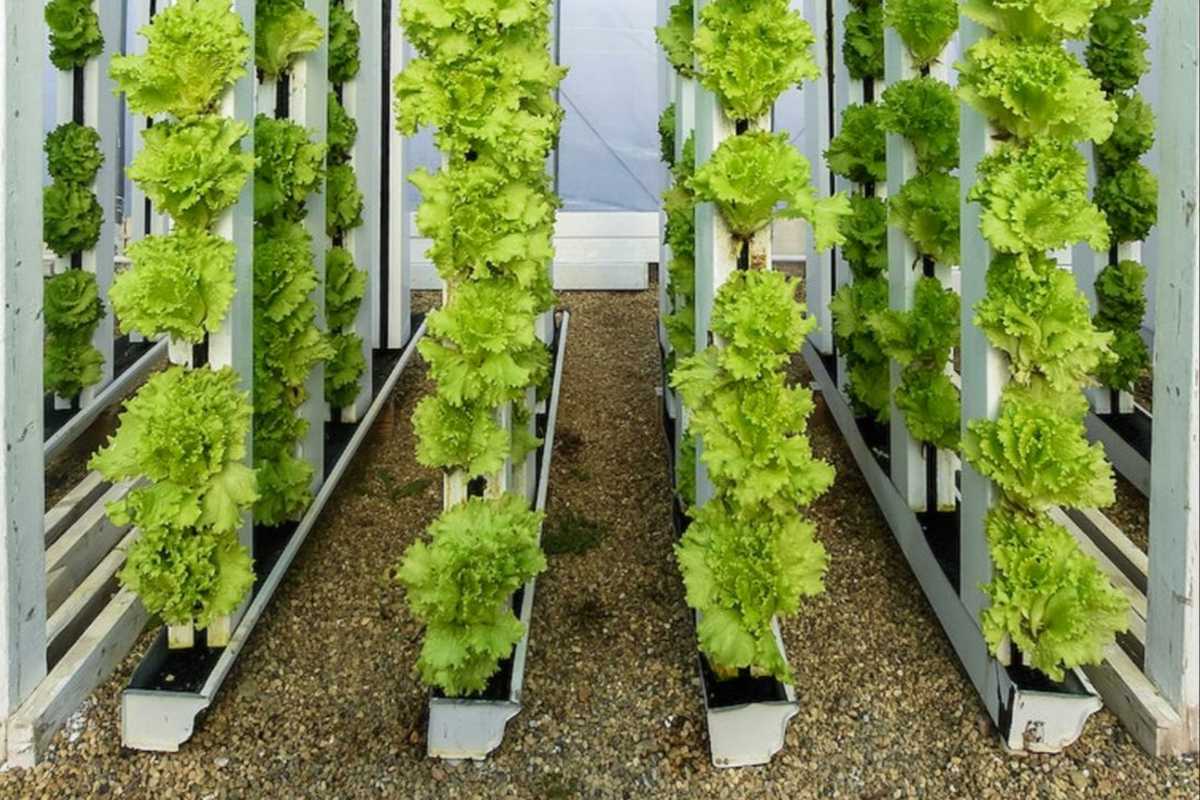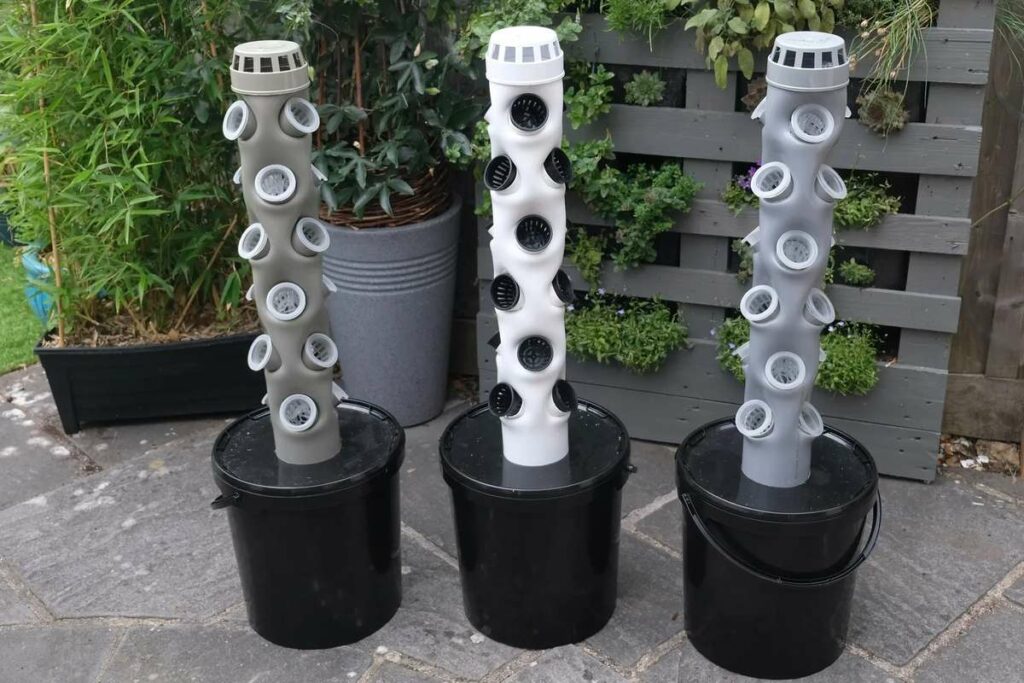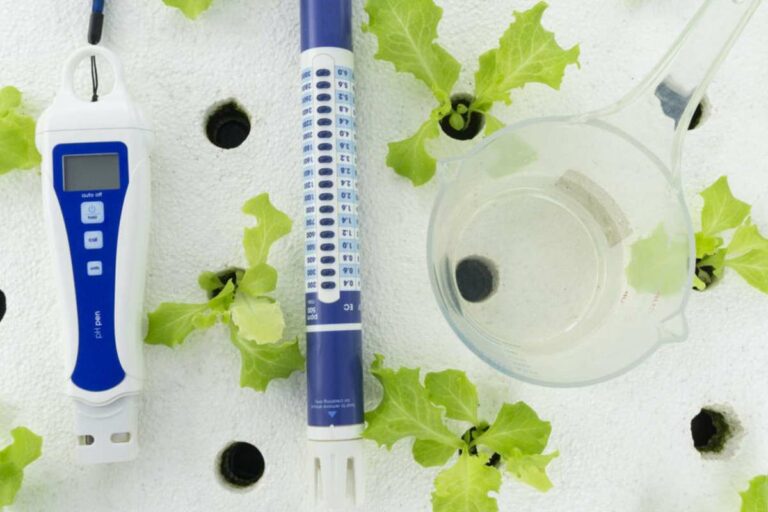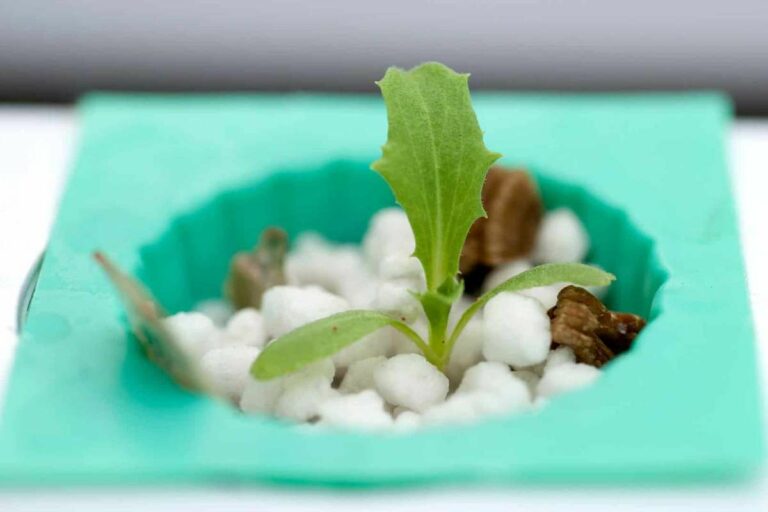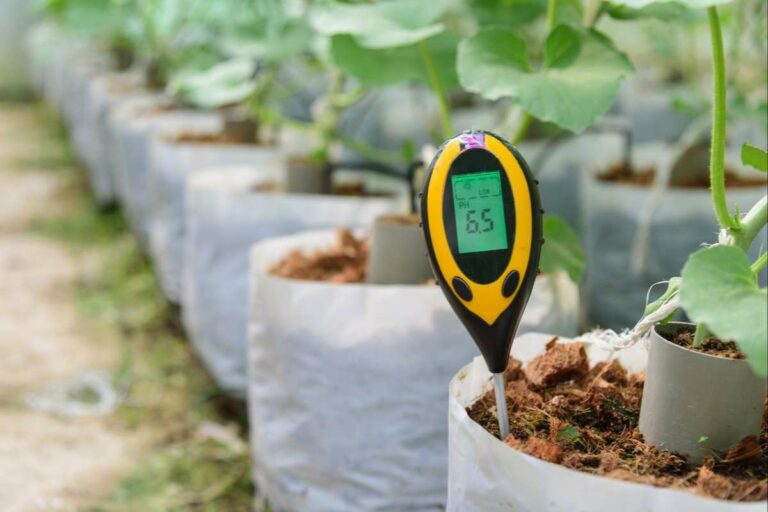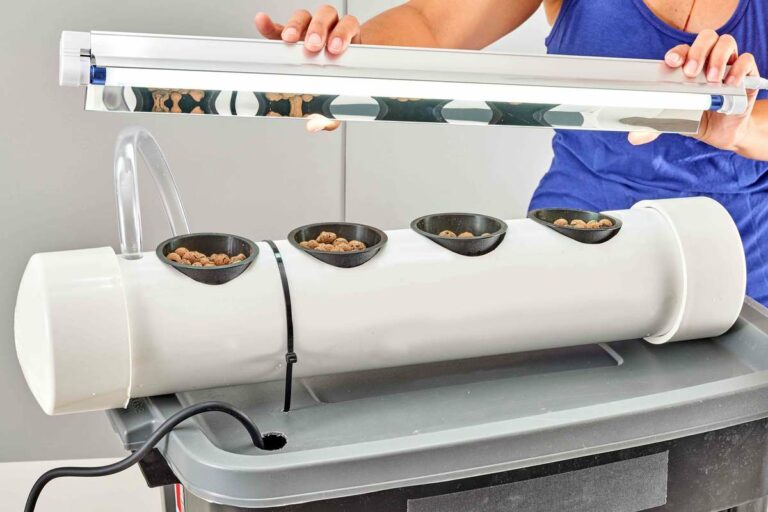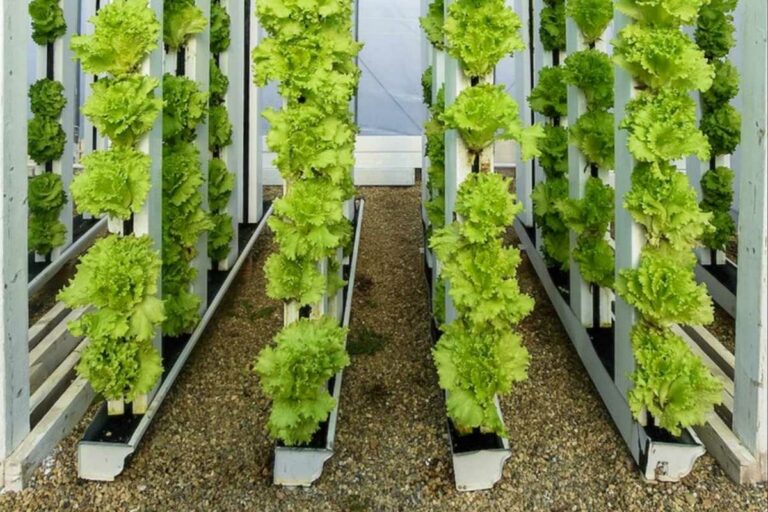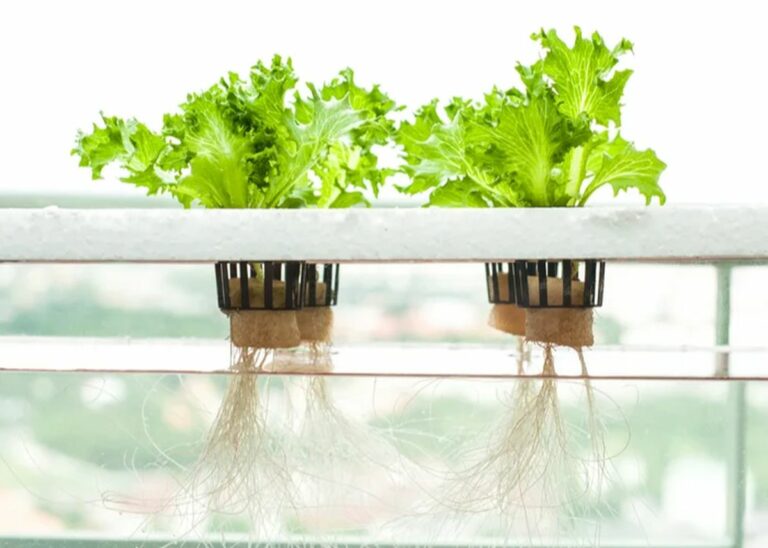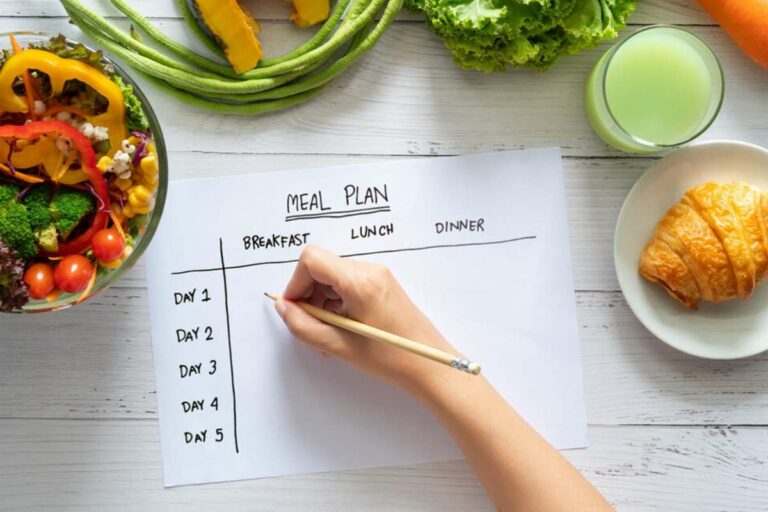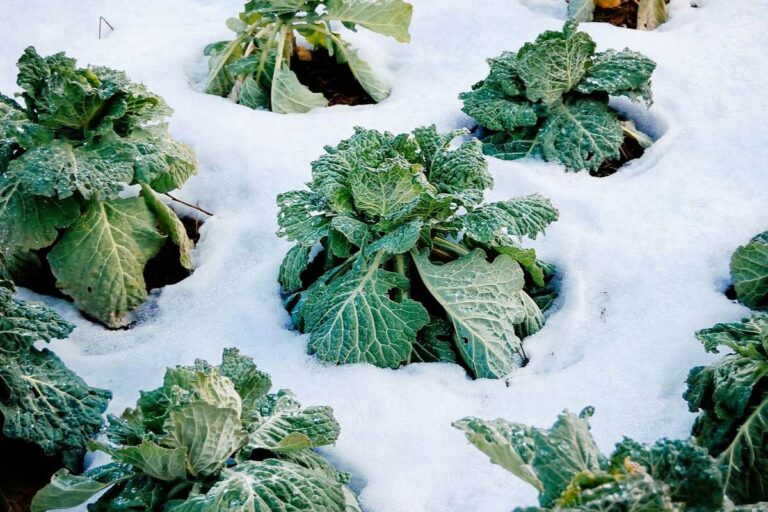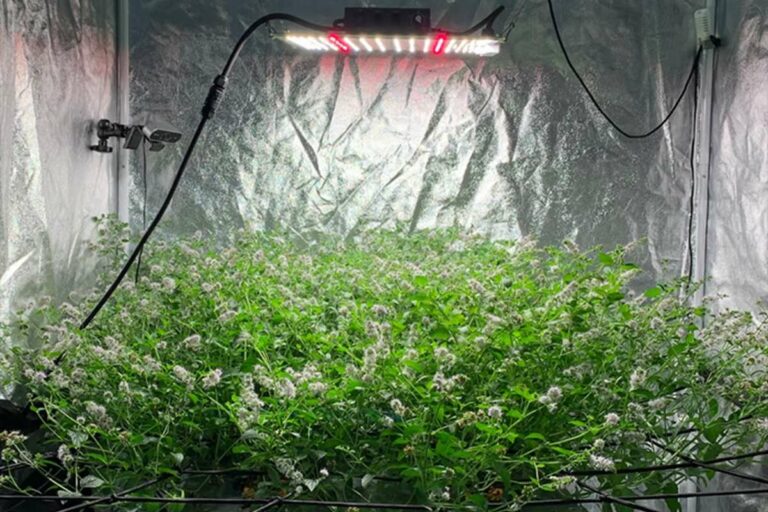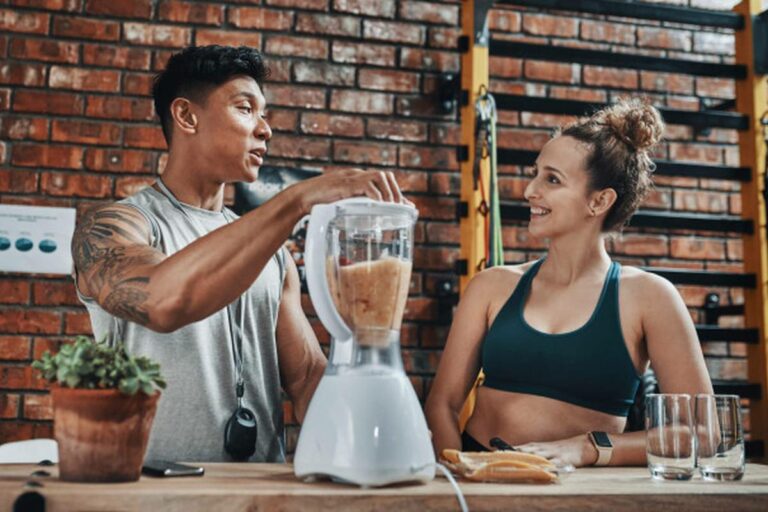Building a healthy meal plan is a cornerstone of maintaining a balanced diet, and when you’re incorporating fresh produce from your hydroponics garden, it becomes not only a healthful endeavor but also an immensely rewarding one.
Hydroponics offers a sustainable and efficient way to produce your own fresh vegetables, herbs, and fruits. This helps ensure that the ingredients you use are as fresh and nutritious as possible.
With that out of the way, …
How to Maintain Your Hydroponics System
For short-term crops like lettuce, which are harvested within 6 to 7 weeks, a “set it and forget it” approach, where the water isn’t changed, might be feasible.
However, for longer-term crops such as tomatoes that need a full growing season, or herbs that are harvested continuously, it’s important to change the water in your hydroponic system. This practice supports both plant health and food safety by preventing …

